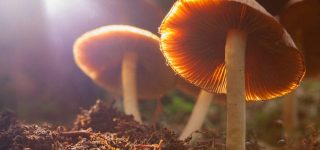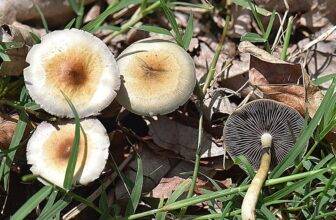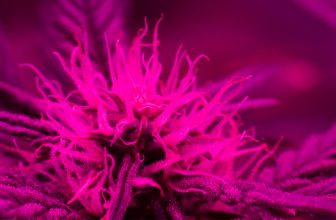
Study: Psilocybin Helps Growth of Neural Connections Reduced by Depression
A new study from Yale University researchers found that a single dose of psilocybin given to mice “prompted an immediate and long-lasting increase in connections between neurons,” according to a Yale News report. The research was published on July 5th in the journal Neuron.
Chronic stress and depression are known to reduce the number of these neuronal connections, the authors said.
Alex Kwan, associate professor of psychiatry and of neuroscience and senior author of the paper, said “it was a real surprise to see such enduring changes from just one dose of psilocybin,” adding that the “new connections may be the structural changes the brain uses to store new experiences.”
“We not only saw a 10% increase in the number of neuronal connections, but also they were on average about 10% larger, so the connections were stronger as well.”—Kwan to Yale News
The team used a laser-scanning microscope to image dendritic spines—small protrusions on nerve cells—in high resolution. The researchers then tracked the spines for multiple days in living mice and found that the number of dendritic spines and their size increased within 24 hours of the administration of psilocybin and were still present a month later. The mice that were subjected to stress also showed behavioral improvements and increased neurotransmitter activity after being given the psychedelic compound.
“Overall, the results demonstrate that psilocybin-evoked synaptic rewiring in the cortex is fast and enduring,” the authors wrote in the summary, “potentially providing a structural trace for long-term integration of experiences and lasting beneficial actions.”







